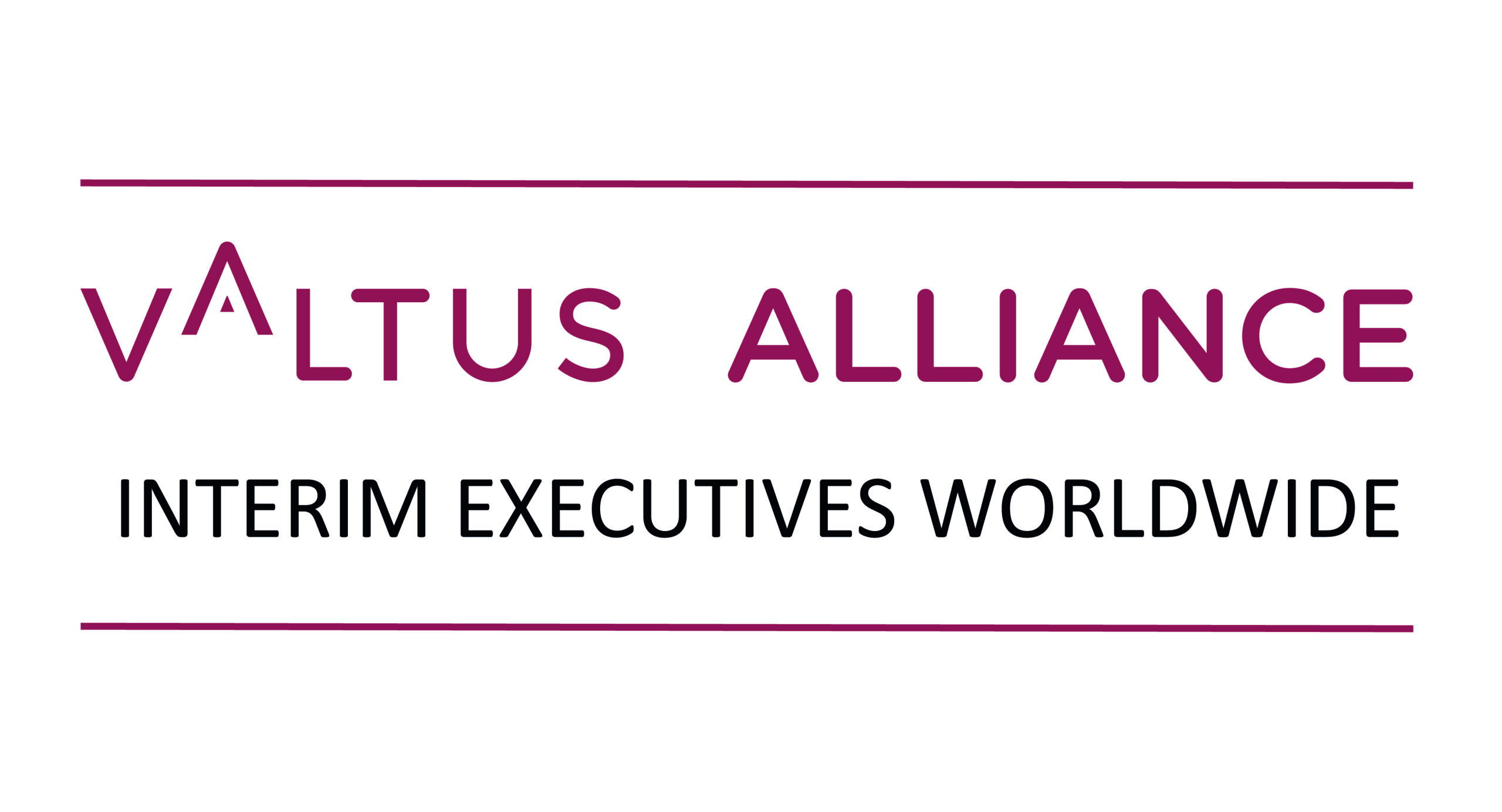Valpeo / Insights / Vertical Development
A distinctive approach to managing talent and creating value in private equity
November 1, 2023
Elevating ROI
Private Equity (PE) investors have long recognized the importance of strategic, financial, market, and legal due diligence in their investment process. In recent years, “people due diligence” has become a popular buzzword. Although research shows that nearly 60% of PE firms use some formal way of assessing CEOs of their portfolio companies (portcos), our experience and research suggests shortcomings in current approaches. This article explores the imperative of a well-structured, science-based people due diligence, focusing on the revolutionary concept of Complexity Orientation.
Despite people due diligence gaining attention, the assessment tools used are typically limited to an interview with an external consultant or a psychometric assessment. These tools have been used to assess executive talent for more than 20 years, as per the authors’ experience in Top-5 global executive search and leadership consulting firms. And yet, throughout this period, the rate of executive failure has remained stable – and alarmingly high – at 40%.
Implications of sub-optimal people due diligence
For PE firms, the consequences are substantial. Research reveals a proactive stance in replacing portfolio company (portco) CEOs, with 7 out of 10 CEOs being replaced. However, the same research shows 6 out of these 7 replacements are untimely, and between 2 and 3 are unplanned. Considering the overall executive failure rate of 40%, it implies that 3 out of every 7 CEO replacements initiated by PE firms may result in failure. Not surprisingly, more than 80% of PE investors acknowledge that unplanned, untimely, or unsuccessful leadership changes prolong portco holding periods.
Out of every seven CEO replacements initiated by PE firms, three are likely to fail.
Why current approaches fall short
The authors have spent the better part of the last 20 years trying to understand why this happens and what can be done about it. Our experience and research have led us believe that the tools traditionally used for executive assessment miss the most important ingredient of executive success.
A typical consulting interview is a rear-view mirror: it focuses on a set of leadership competencies (e.g. setting strategy, executing for results and leading teams) that the consultant tries to assess by examining critical incidents from the candidate’s past. A typical psychometric assessment tends to focus on the aspects of personality that may help or hinder the candidate’s ability to manage self and lead others. Some include basic cognitive skills, such as verbal and numeric reasoning.
The VALPEO approach
At VALPEO we assess the level of responsibility, risks and opportunities an individual can handle, the value they can bring in total, and their conscious awareness of the dynamics at play in the environment they operate in. We call this factor “Complexity Orientation”. The natural set of Complexity Orientations has been uncovered through decades of scientific research.
VALPEO helps PE companies leverage Complexity Orientation for achieving the next level of ROI.
For years, leading global companies including Unilever, GSK, Rio Tinto, Toyota, and GE have used Complexity Orientations to drive organization design, succession planning and leadership development. Bridgewater Associates, one of the most successful investment companies in the world, has been using assessment of Complexity Orientation to evaluate candidates when hiring for key roles within the firm. Finally, a study focused on Private Equity has shown that Complexity Orientation is a strong predictor of performance of PE funds themselves.
Why Complexity Orientation matters
In today’s volatile, uncertain, complex, ambiguous (VUCA) environment and in the brittle, anxious, non-linear, incomprehensible (BANI) world of tomorrow, how a portco leader can think about the future is crucial.
How a portco leader thinks about the future is a function of their Complexity Orientation. This is the key differentiator. Yet, it is not rigorously assessed either by the more “advanced” 60% of PE investors who rely on traditional assessment approaches or by the remaining “traditional” 40% that continue to rely on their “nose for talent”.
How a portco leader can think about the future is now more important than what they have done in the past or how they can interact with others.
Complexity Orientation in practice
A few scenarios highlight examples of when using Complexity Orientation is particularly useful:
- Define the value of level creation of the PE firm’s “next level” investment thesis for a portco target and estimate the necessary investment horizon.
-
Define the required Complexity Orientation for the portco CEO and senior leadership team.Assess Complexity Orientation of target company senior management team as part of the due diligence process (pre or post deal).
-
Decision support on whether or when to retain or replace the portco CEO and/or the management team given the investment thesis and/or potential exit strategy.
- For a family-owned business, facilitate the dialogue about whether family members will be required to transition out of key roles if the PE investment is secured.
- Where external senior hires, including interim executives, are needed, recruit candidates with required Complexity Orientation or vet the candidates put forward by another executive search firm.
- Assess Complexity Orientation of PE investment professionals as part of the PE firm’s own recruitment, development, and succession planning process.
Conclusion
PE investors and portco leaders recognise human capital as key value driver. The integration of Complexity Orientation into people due diligence signifies a paradigm shift in the approach PE investors take to aligning management to the investment thesis. By incorporating this into a people due diligence exercise, PE investors can gain deeper insights and make informed decisions about the potential of the management team, and drive superior value creation.
About VALPEO
VALPEO is an innovative organization and leadership advisory firm with a distinctive approach to building sustainable value creating organisations. VALPEO is committed to supporting investors, boards and CEOs to ensure that they achieve and sustain superior value creation.
Pratik Chandaria (Partner VALPEO UK & Kenya) & Andrei Stephanov (Acrredited VALPEO Partner).
Sources
1. Survey of 1,700 companies by Development Dimensions International Leadership Transitions Report 2021.
2. Watkins M. The First 90 Days: Critical Success Strategies for New Leaders at All Levels, Boston: Harvard Business School Press, 2003.
3. Leadership IQ research of 20,000 new hires, quoted in Hire for Attitude, Forbes, Jan 2003, 2012
4. Heidrick & Struggles analysis of 20,000 executive appointments, quoted in Rise of a Headhunter Financial Times, March 30, 2009
5. Murphy M., “Leadership IQ study: Why new hires fail,” Public Management, 2005, Volume 88, No. 2
6. Wheeler P., Executive transitions market study summary report, The Institute of Executive Development, 2008
7. Russell Reynolds Associates Survey 2023
8. Russell Reynolds Associates, Avoiding Leadership Integration Missteps 2020
9. Alix Partners, Annual Private Equity Survey 2015, 2018 and 2021
Subscribe to Ripple, the newsletter
Gain expert advice, innovative strategies, and actionable insights to drive sustainable growth and empower your organisation to thrive in today’s dynamic business landscape.



